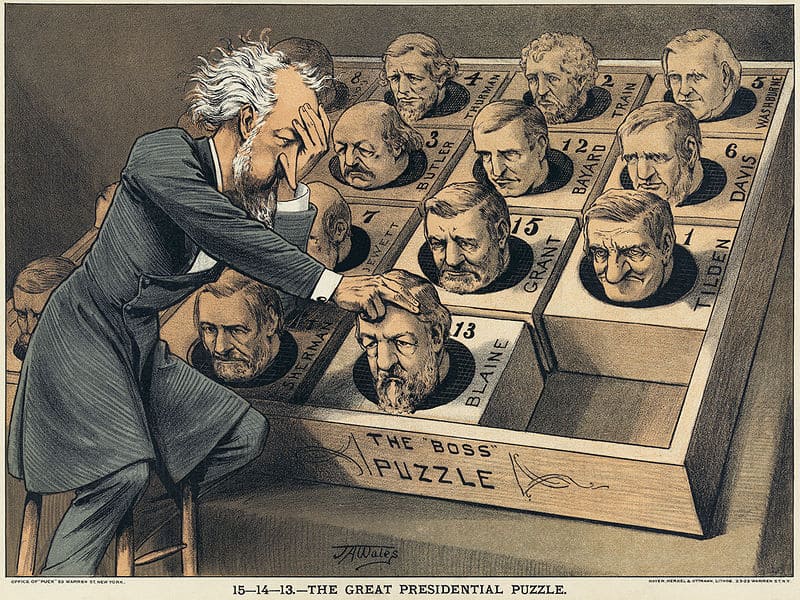
20. A congressional committee investigated the election of 1876
Following the debacle which ultimately led to Rutherford B. Hayes entering the White House, Congress established a special committee, chaired by a Democrat and consisting of 11 members. The purpose of the committee was to investigate the many allegations of fraud and vote manipulation which marked the election. The committee rapidly degenerated into partisan bickering, but despite allegations from both sides, it could not formally establish that either candidate had been personally involved in any wrongdoing. Meanwhile, Hayes awarded several of his supporters in the dispute with federal offices, including that of Secretary of State and a seat on the Supreme Court (Justice Stanley Matthews).
The committee confirmed that of the counties and cities nationwide reporting results in the election, Tilden won over 57%, yet it also found, with the commission which had preceded it, that Hayes had been the winner and would have won if their had not been the level of voter intimidation and fraud which it admitted had occurred. The dispute did not end there, and it remains the most questionable election in American history on the national level. Despite the widespread fraud, vote manipulation, voter turnouts which exceed 100% in some areas, and other indications of corruption, little was done to establish reform in American elections during the Hayes Administration. He chose not to run for a second term.

